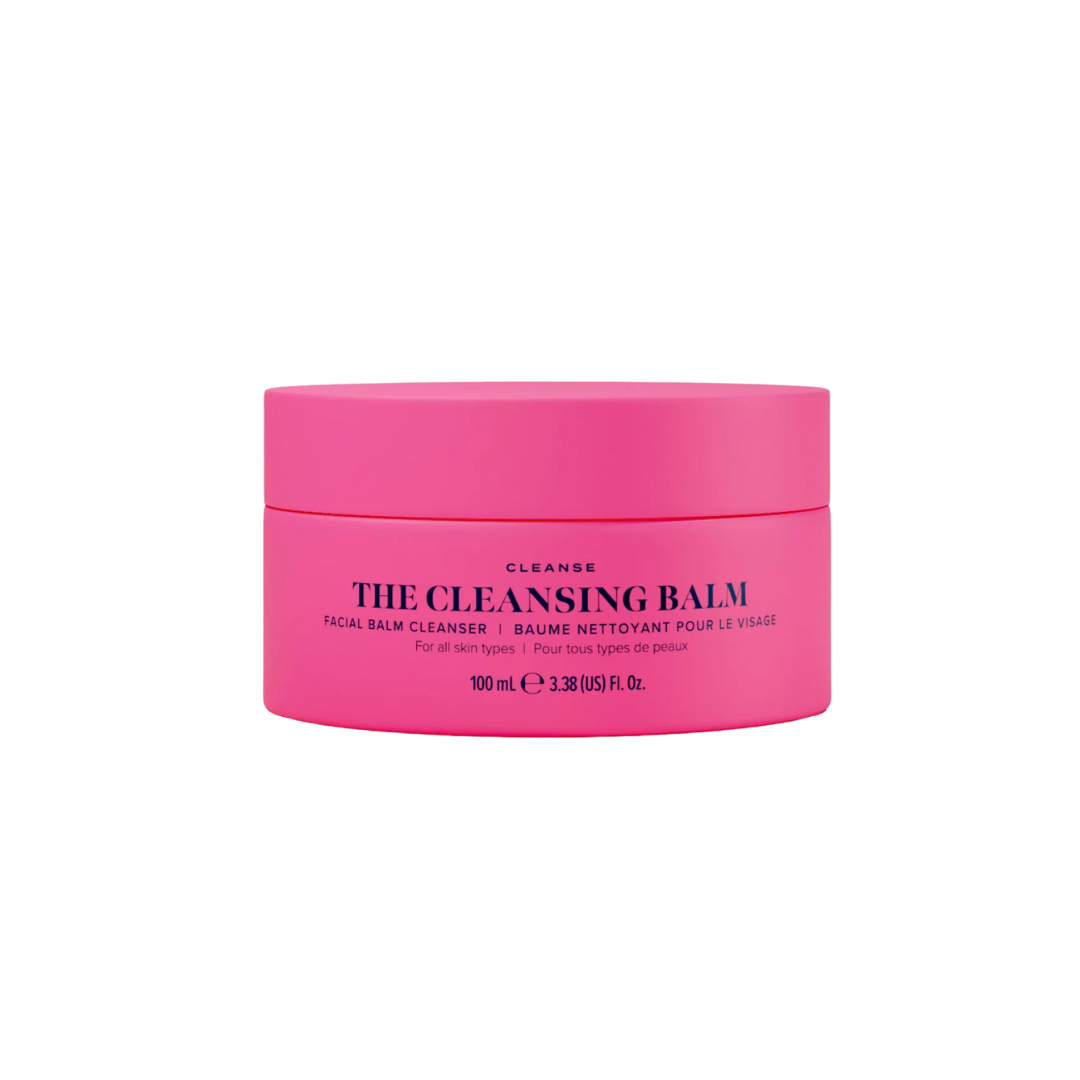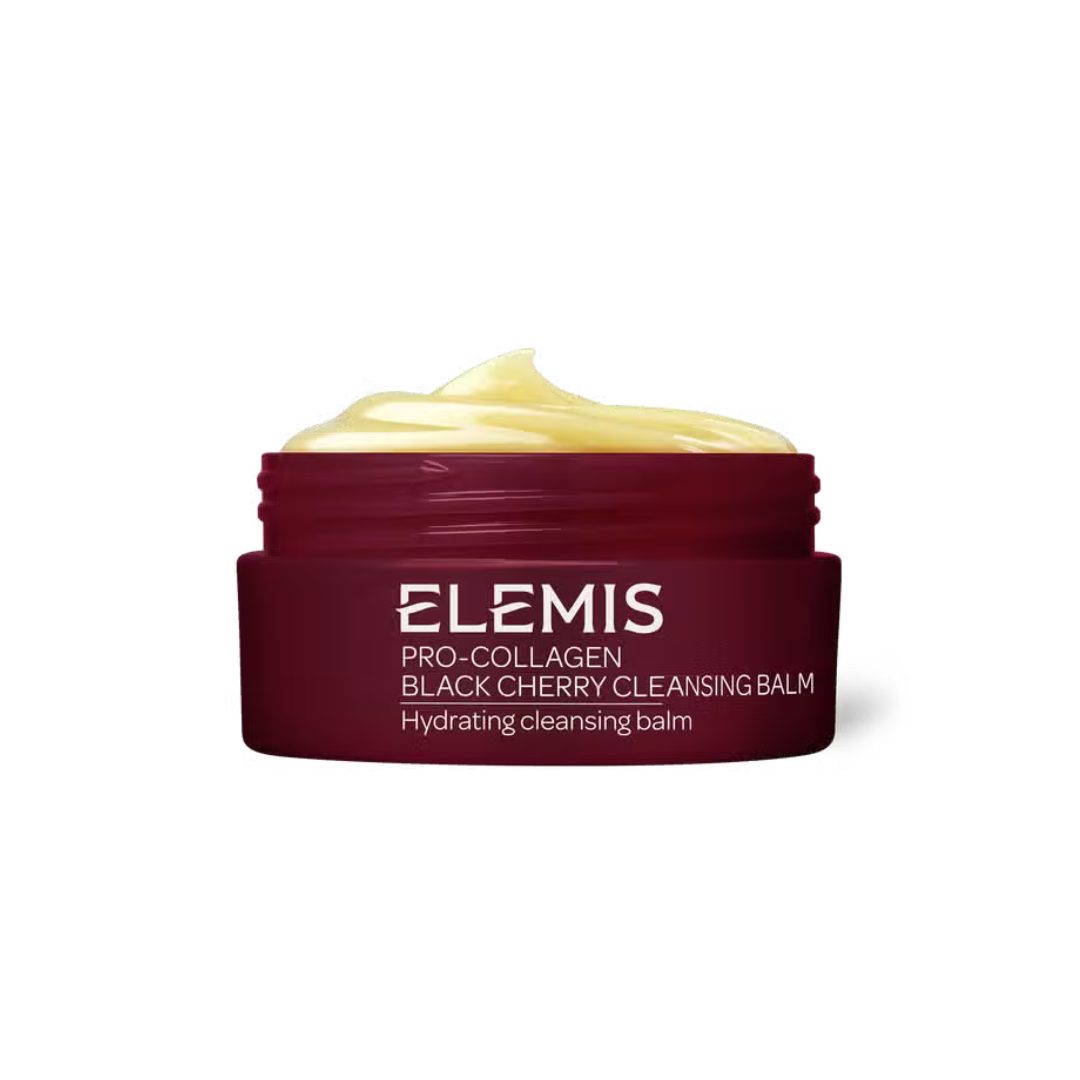Ok So, Fragrance is Making a Comeback in Skincare—Here’s How To Tell If You Can Tolerate It
It's not always bad, folks
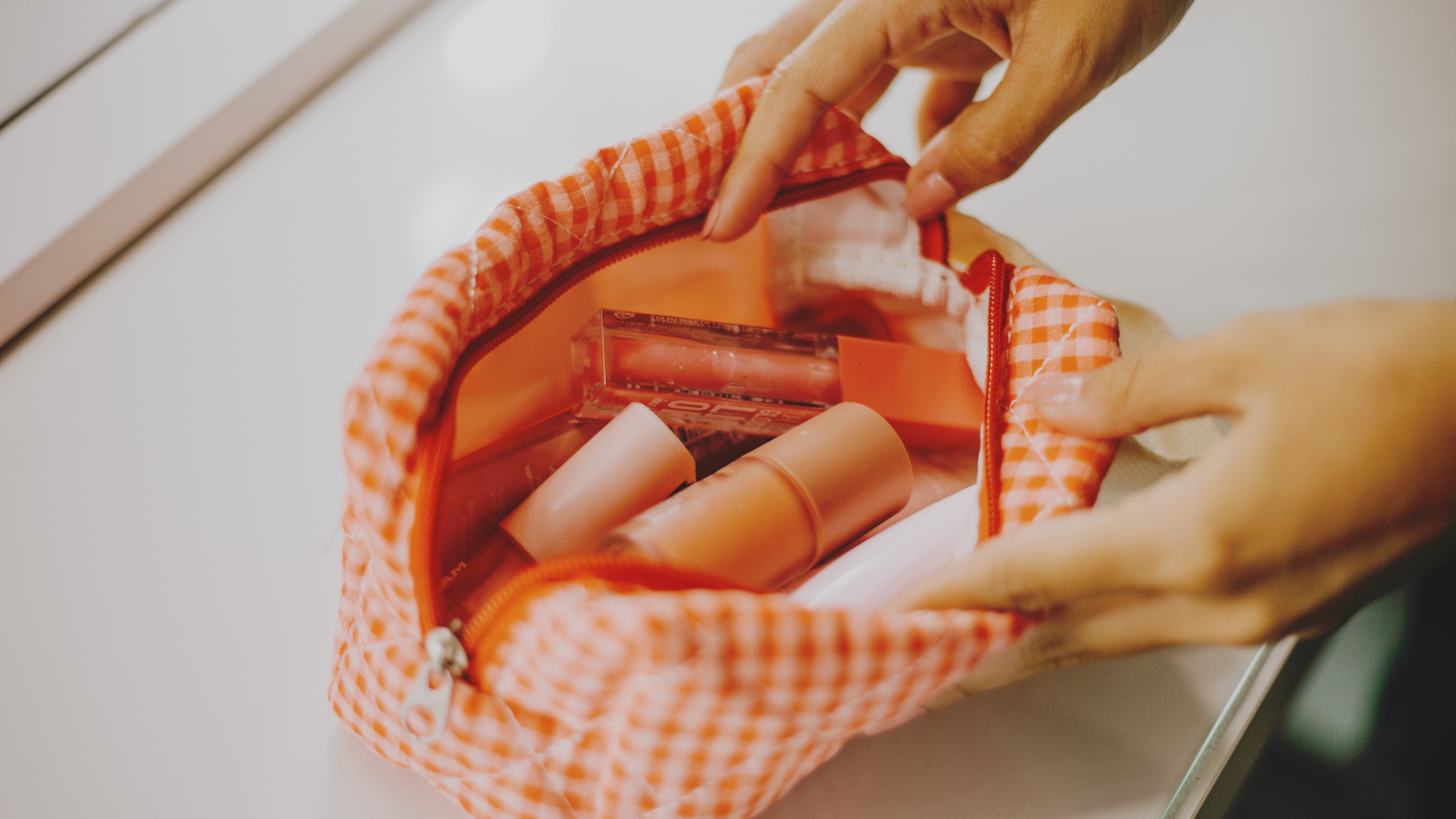
As someone committed to staying firmly in the loop with beauty trends, I've noticed a definite rise in fragranced skincare of late. For some, this may be surprising—even concerning—given the things we have heard about using products that feature scent. But should we be concerned, or is it time to release our fears and dive headfirst into the world of fragranced cleansing balms and moisturisers?
I spoke to three experts to answer that question once and for all.
Why is fragrance making a comeback in skincare?
A noticeable shift has seen the narrative move away from "fragrance is bad" towards one that embraces scent more commonly, particularly in products designed to offer a 360-degree experience. This can be attributed to our newfound desire to honour wellness practices through sensorial experiences, says Dr Sonia Khorana, Cosmetic Doctor & Dermatology Expert.
"In recent years, a lot of people have started prioritising self-care and sensorial rituals," she says. "A scented product can feel more luxurious and indulgent, and fragrance can also tap into emotion."
"Fragrance is viewed by many (myself included) as a form of self-expression, and there is increasing evidence of the power of fragrance to boost mood," agrees Dr Alexis Granite, Consultant Dermatologist & Founder of Joonbyrd.
As consumers, we've also become smarter as the years have passed, notes Khorana: "The clean beauty movement popularised the idea that fragrance was bad by using fear-based messaging. But now, people are becoming more ingredient-savvy and sceptical of fear-mongering." Another thing to remember is that if a product smells amazing, looks cute, and feels good, it has a higher chance of going viral."
Case in point: Skin Rocks, the skincare line created by Caroline Hirons. On the surface, choosing to offer fragranced products (such as the brand's cleansing balm, which comes in both fragranced and non-fragranced options) may seem like an interesting choice from the skincare expert, but it is, in fact, a very pointed one.
Marie Claire Newsletter
Celebrity news, beauty, fashion advice, and fascinating features, delivered straight to your inbox!
A post shared by SKIN ROCKS (@skinrocks)
A photo posted by on
"Providing the choice of both fragranced and fragrance-free in Skin Rocks’ cleansers and moisturisers was important to us as a brand," comments Ashley Horler, who is Head of Product at the brand. "Skincare consumers often say that they would love to use a product, but won’t because it has fragrance and they are sensitive to it, or that they would prefer a product if it had fragrance, for the additional sensorial experience."
She continues: "Cleansers and moisturisers, or what we call ‘the bookends’ at Skin Rocks, while essential for a good routine, are also sensory steps. Products in the middle, such as serums, are purely for skin treatment, which is why we don’t add fragrance to our offerings here. Starting and finishing your routine with fragrance enhances the ritual."
Skin Rocks is not the only brand to offer fragranced cleansing balms; look to Elemis, who have been doing it for years and continue to introduce new scented options for their iconic Collagen Cleansing Balm. The latest, Black Cherry, stands alongside offerings such as its rose-scented balm, fig balm and a non-scented option: the "Naked" balm.
Should you avoid scented formulas?
So we've established that fragrance is back, particularly in sensorial-friendly product categories such as cleansers and moisturisers. But after all those years hearing about the dangers of scent, what should we actually believe?
In short, dermatologists and skin experts tend to agree that much of what we have been taught in this area is likely the result of fear-mongering and overanalysing ingredient lists. "Most people can tolerate fragrance, and within the industry, there is a great deal of safety testing that goes on before a product (fragranced or otherwise) can come to market," argues Granite.
That said, for certain skin types, you may be better sticking to non-scented versions of cult products (such as the cleansing balms mentioned above)—or asking for samples first to patch test before committing to a full-sized purchase. "Those with very sensitive skin, known fragrance allergies and/or eczema are generally advised to avoid fragrance," Granite adds.
Khorana explains that there is still the risk of skin irritation for some, "especially when [fragrance is] used in high concentrations or on compromised skin." She adds: "Some individuals can develop contact dermatitis, and some fragrant essential oils (like citrus) can make skin more sensitive to sunlight."
However, there is great nuance here. "Fragrance (especially essential oils or synthetic perfumes) can be irritating for people with eczema, rosacea, or compromised skin barriers, but it isn’t 'bad' for everyone," explains Khorana. "Fragrance-free is great if you’re sensitive, but if your skin is usually fine and you love a good scent, there's no need to be afraid of it."
Rebecca is a freelance beauty journalist and contributor to Marie Claire. She has written for titles including Refinery29, The Independent, Grazia, Coveteur, Dazed, Stylist, and Glamour. She is also a brand consultant and has worked with the likes of The Inkey List on campaign messaging and branded copy. She’s obsessed with skincare, nail art and fragrance, and outside of beauty, Rebecca likes to travel, watch true crime docs, pet sausage dogs and drink coffee. Rebecca is also passionate about American politics and mental health awareness.
-
 Aimee Lou Wood Has Broken Her Silence on Walton Goggins’ Surprising SNL Appearance
Aimee Lou Wood Has Broken Her Silence on Walton Goggins’ Surprising SNL Appearance -
 'My Eid Beauty Routine is Unapologetically Intentional'—5 Muslim Beauty Insiders on their Tips for Feeling their Best for Eid al-Adha
'My Eid Beauty Routine is Unapologetically Intentional'—5 Muslim Beauty Insiders on their Tips for Feeling their Best for Eid al-Adha"It's like the Met Gala for Muslims"
-
 Leighton Meester’s Words About Her “Low Key” Wedding to Adam Brody Are Going Viral
Leighton Meester’s Words About Her “Low Key” Wedding to Adam Brody Are Going Viral
-
 'My Eid Beauty Routine is Unapologetically Intentional'—5 Muslim Beauty Insiders on their Tips for Feeling their Best for Eid al-Adha
'My Eid Beauty Routine is Unapologetically Intentional'—5 Muslim Beauty Insiders on their Tips for Feeling their Best for Eid al-Adha"It's like the Met Gala for Muslims"
-
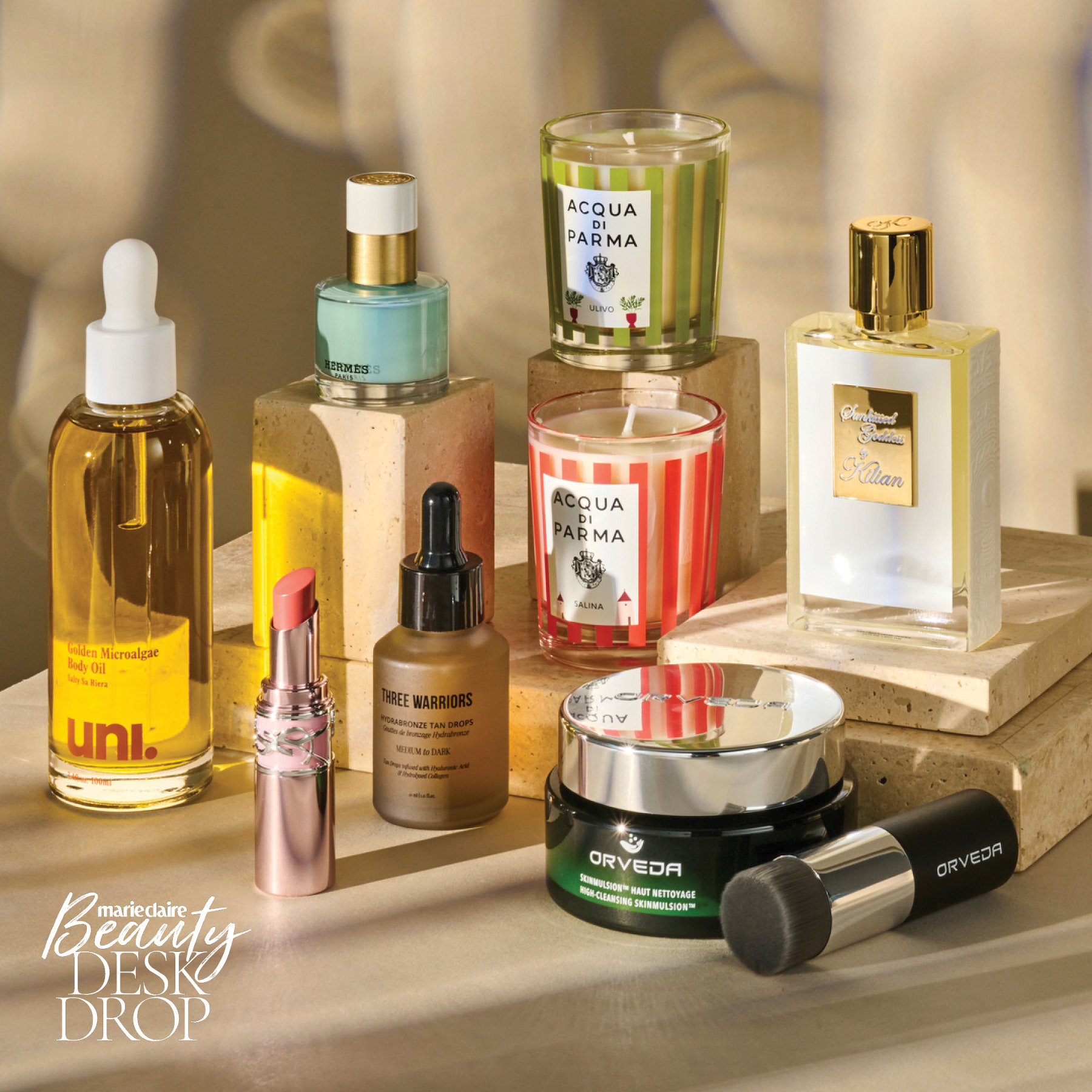 Hundreds of Beauty Products Have Dropped on Our Desk this Month—but These 9 Are the Crème de la Crème
Hundreds of Beauty Products Have Dropped on Our Desk this Month—but These 9 Are the Crème de la CrèmeOnly the very best
-
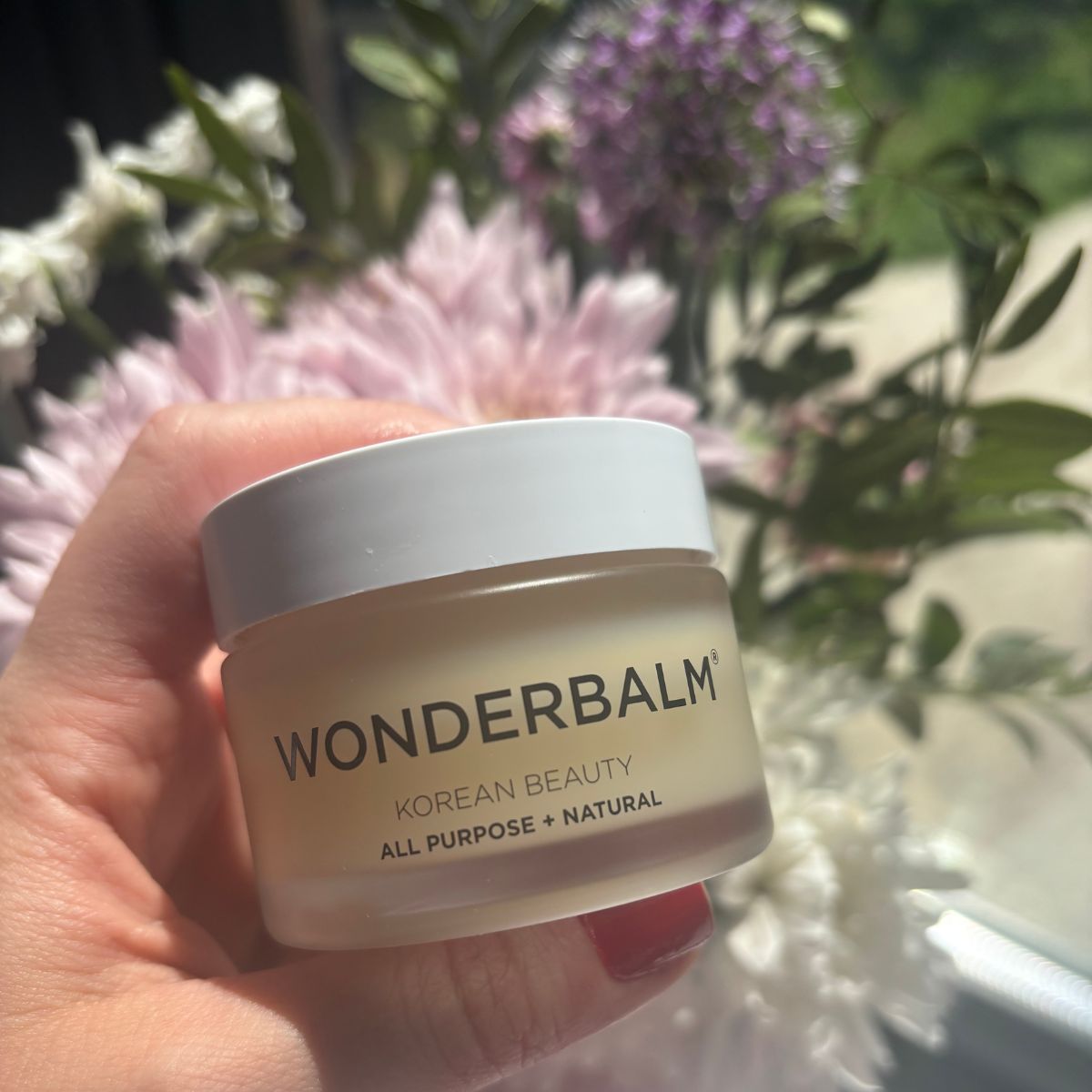 I Can Confirm the Viral K-Beauty Multi-Tasking Balm Is Worth the Money—It’s Been A Saviour On Everything From Dry Patches to Sunburn
I Can Confirm the Viral K-Beauty Multi-Tasking Balm Is Worth the Money—It’s Been A Saviour On Everything From Dry Patches to SunburnA clean and simple formula
-
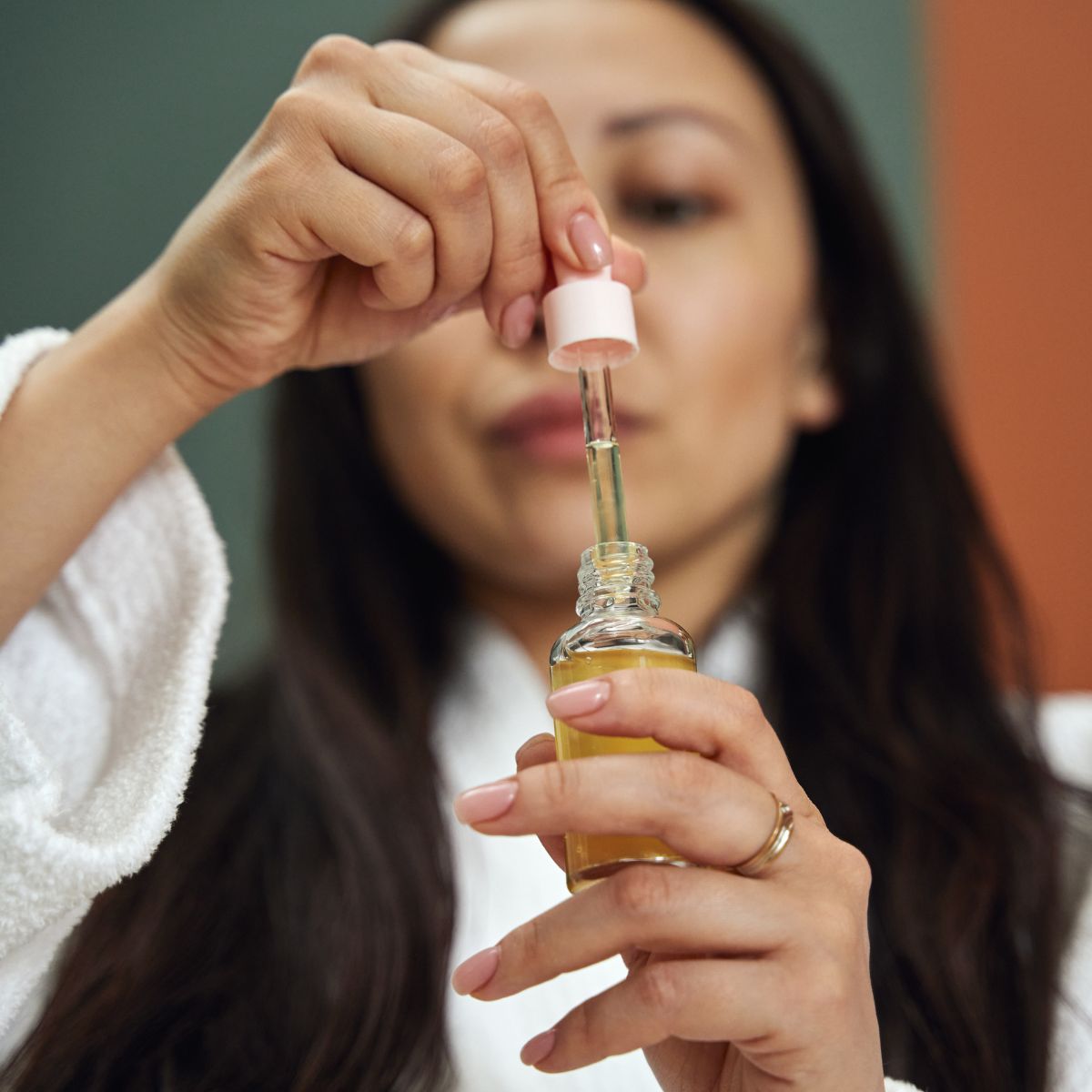 Biohacking Is Huge in Beauty Right Now—Here’s How to Integrate It Into Your Routine, Without Being a Millionaire
Biohacking Is Huge in Beauty Right Now—Here’s How to Integrate It Into Your Routine, Without Being a MillionaireEverything you need to know about the beauty buzzword
-
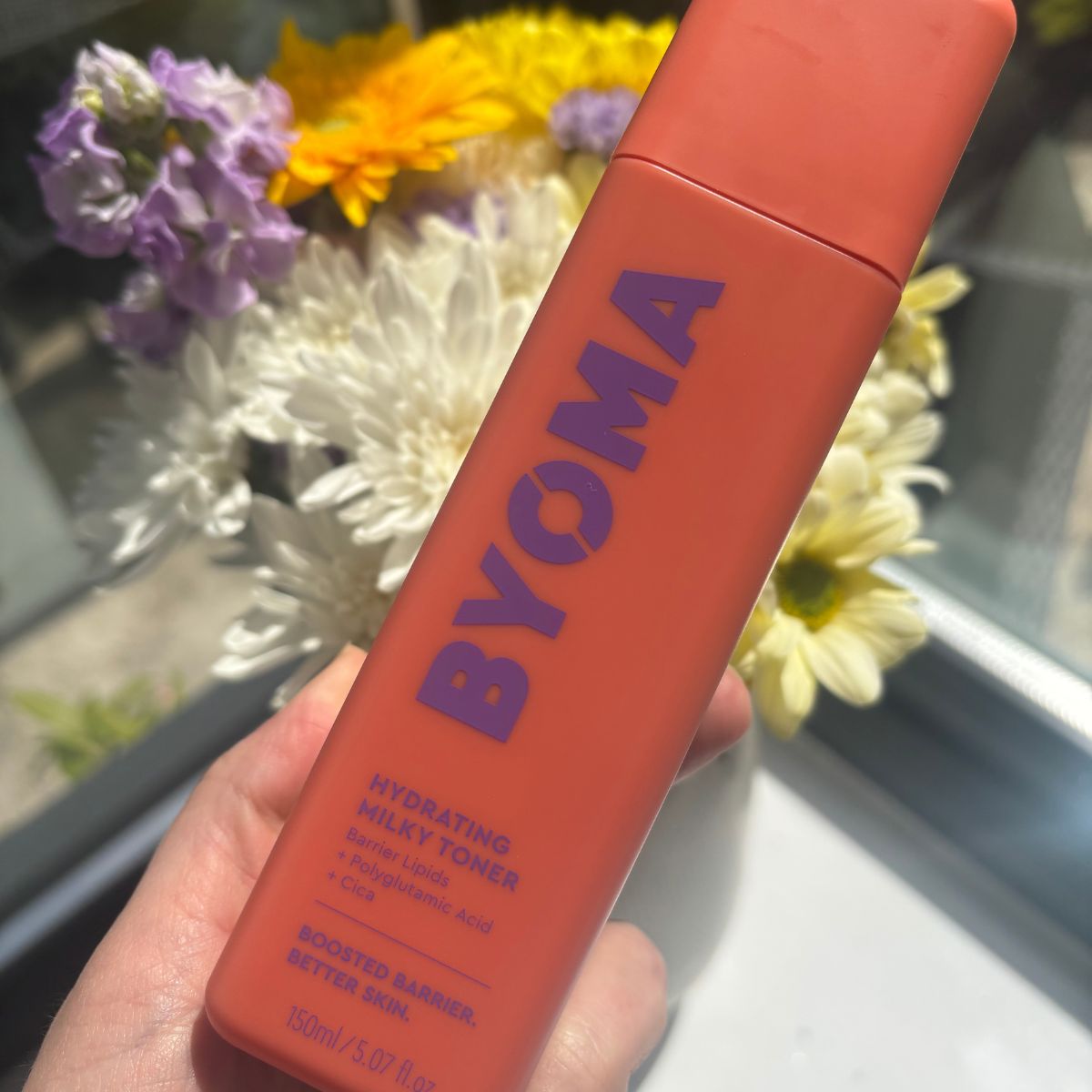 It Took Me Years to Try This Best-Selling £12 Milky Toner—I’m Kicking Myself for Not Using It Sooner
It Took Me Years to Try This Best-Selling £12 Milky Toner—I’m Kicking Myself for Not Using It SoonerA bestseller for a reason
-
 This face wash has been an icon for 25 years—it’s fuss-free, gentle, but *works hard*
This face wash has been an icon for 25 years—it’s fuss-free, gentle, but *works hard*We'll never get tired of this one...
-
 This Little-Known Parisian Skincare Brand Might Have Just Made One of the Best SPFs For Sensitive Skin
This Little-Known Parisian Skincare Brand Might Have Just Made One of the Best SPFs For Sensitive SkinAnd there's an accompanying after-sun tan booster
-
 I love luxury skincare, but this £13 SPF moisturiser will be all I’m using this summer
I love luxury skincare, but this £13 SPF moisturiser will be all I’m using this summerDewy skin with added sun protection
